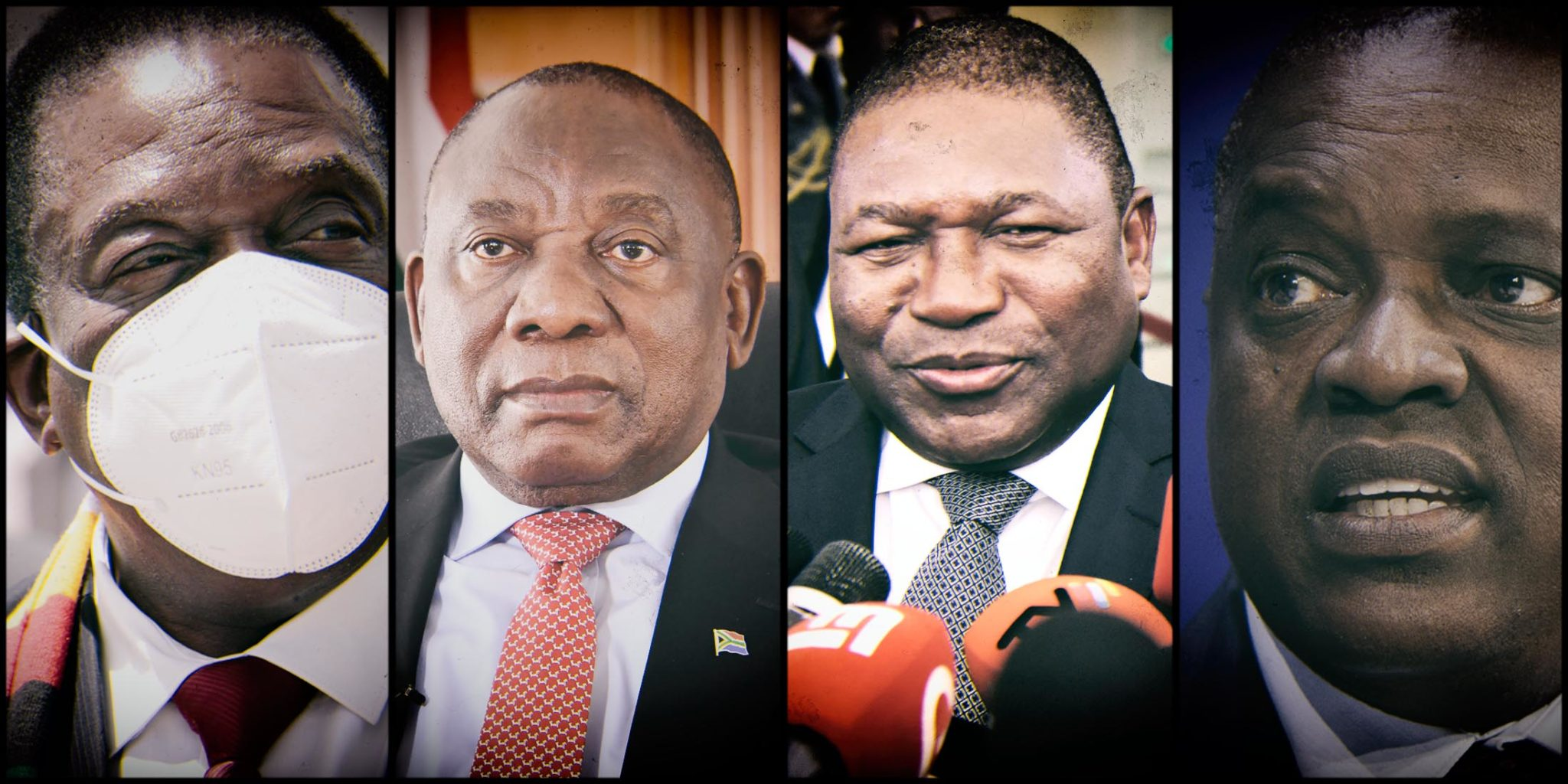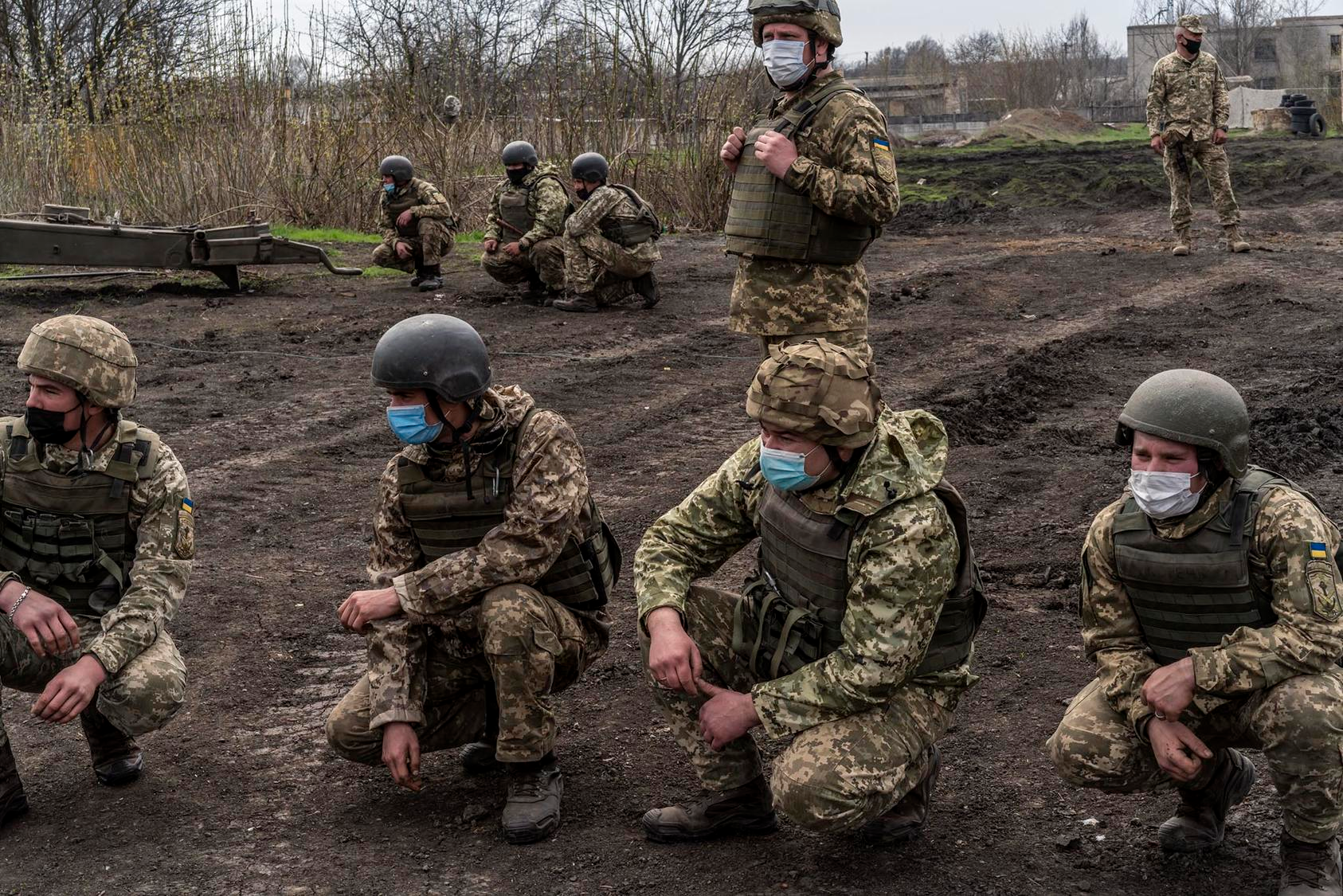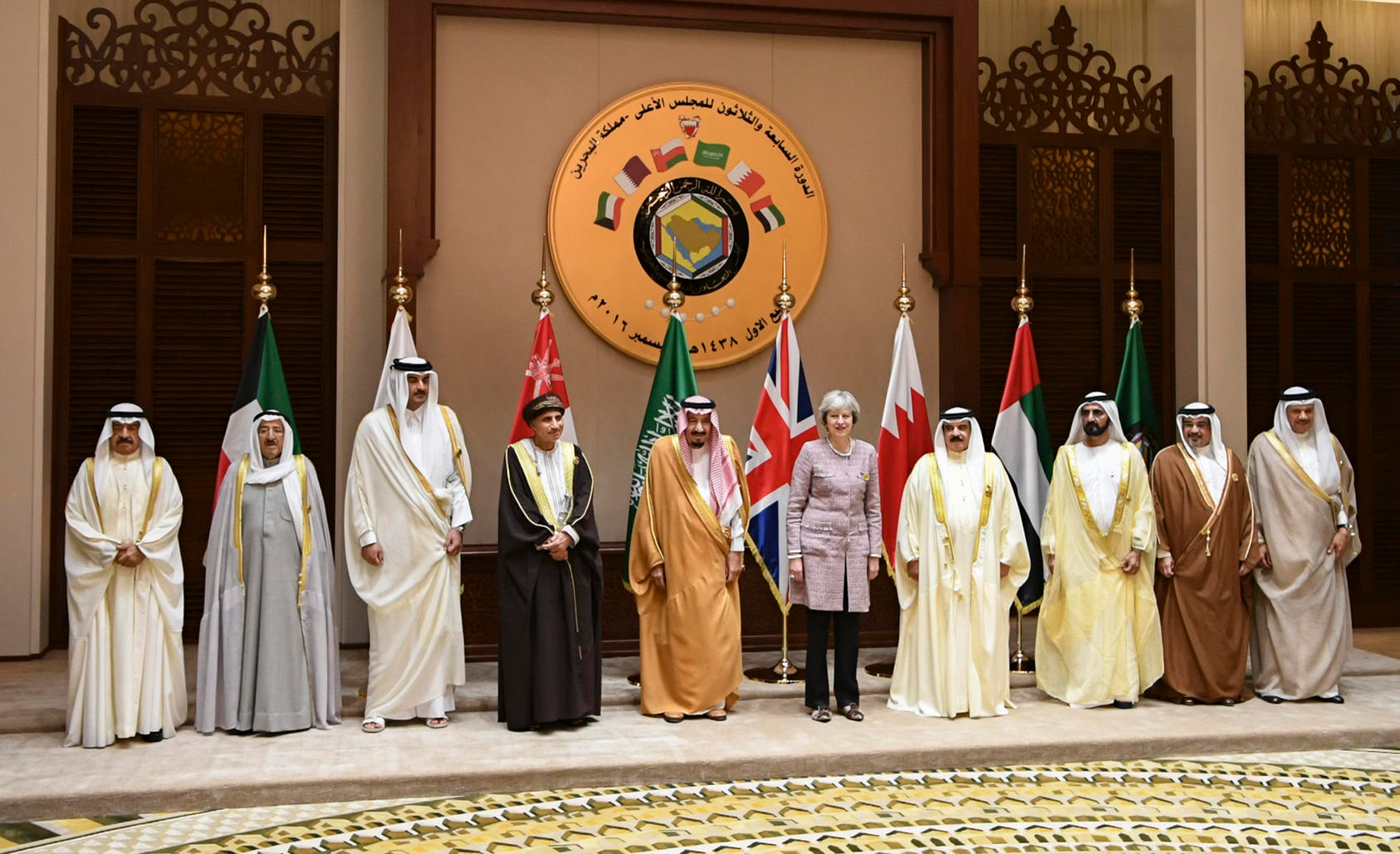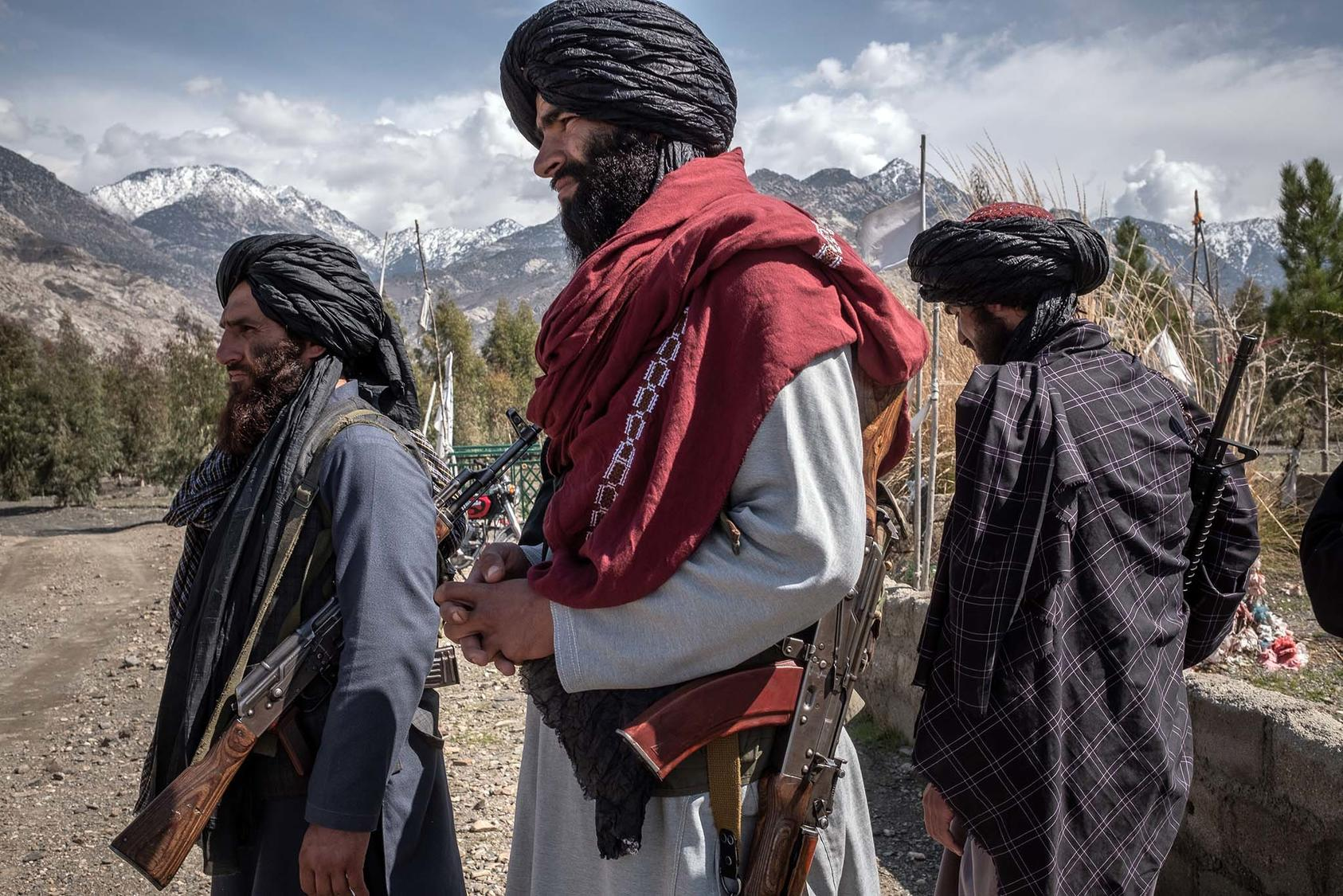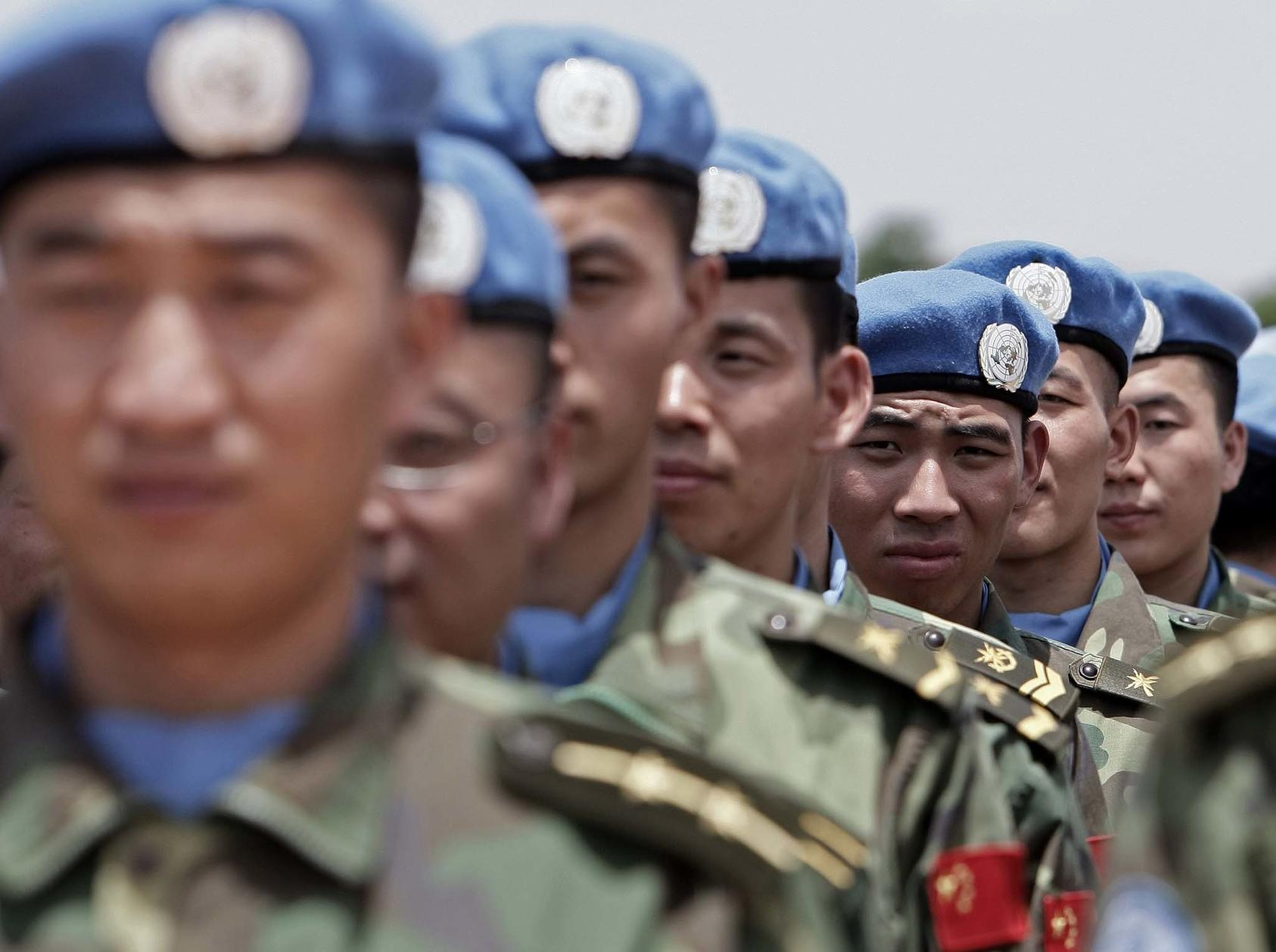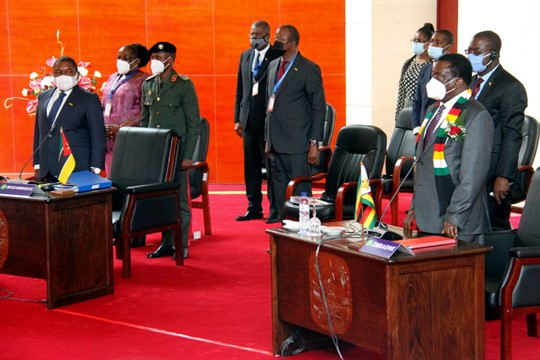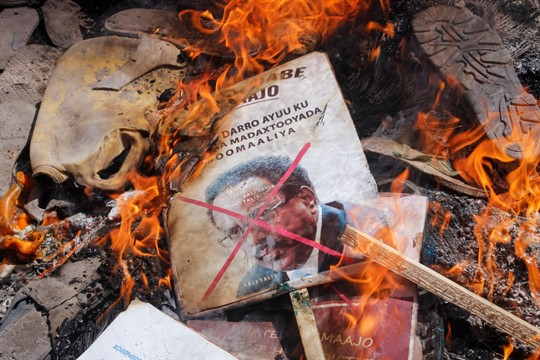Growth in Burkina Faso gold mining fuels human trafficking
For months, human traffickers beat and drugged Blessing, hauling the 27-year-old from one gold mine encampment to the next, where each night she was forced to sleep with dozens of men for less than $2 a person.
The madam who lured Blessing to the landlocked West African nation of Burkina Faso with promises of a hair salon job, threatened to kill her if she tried to run away.

